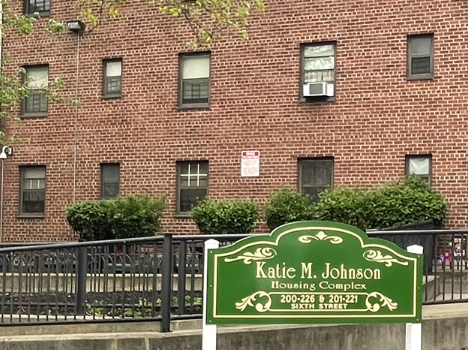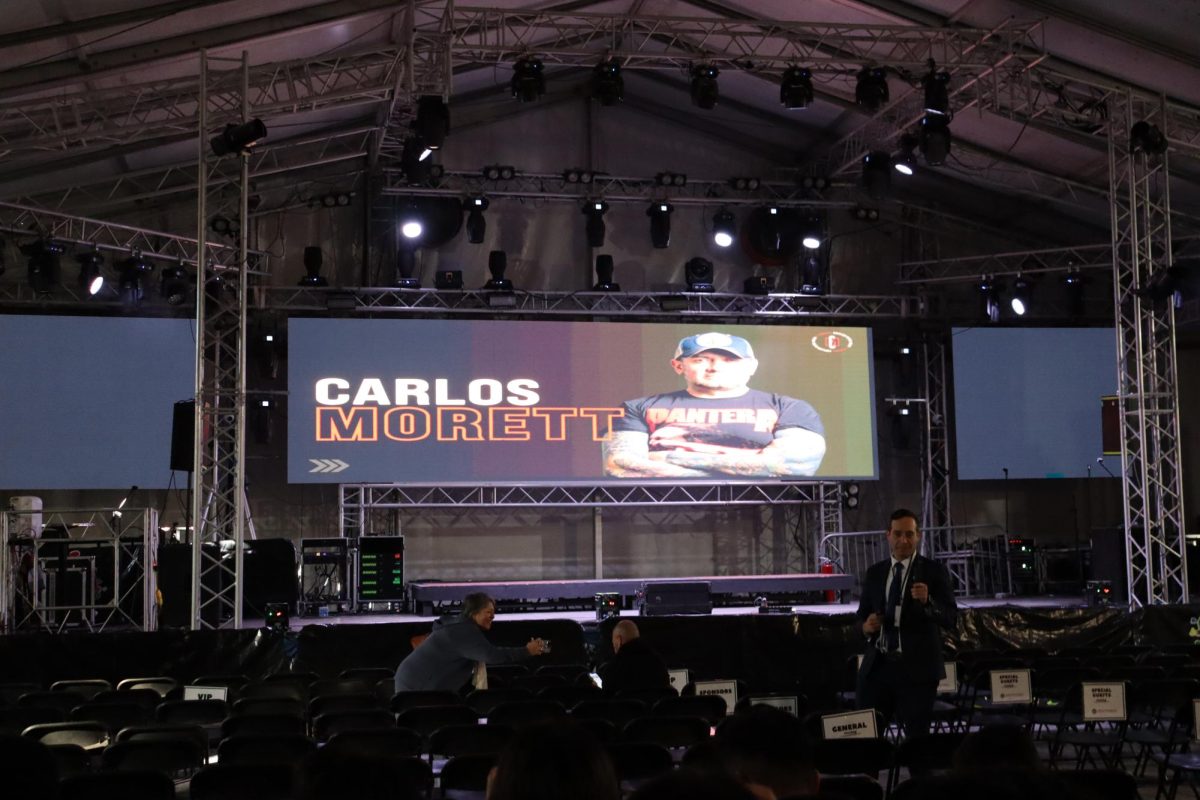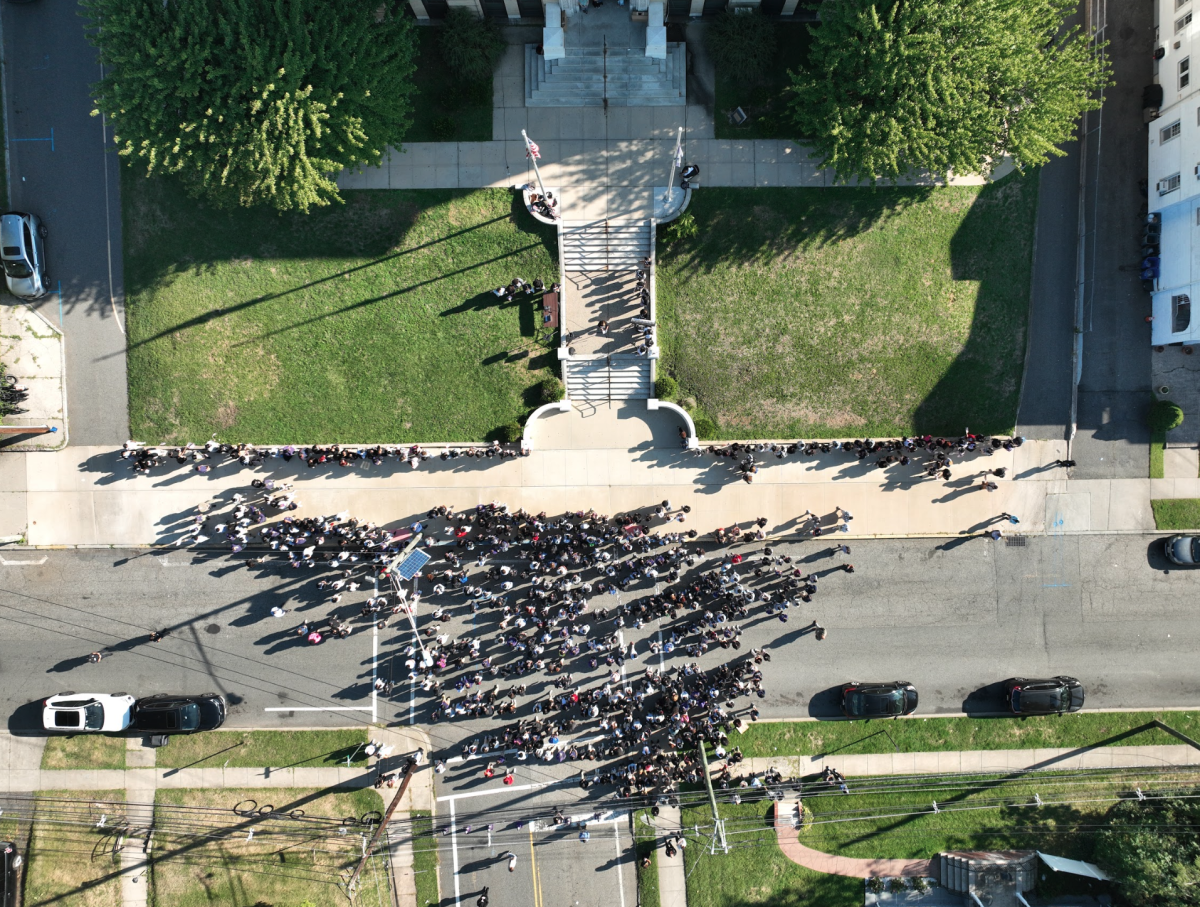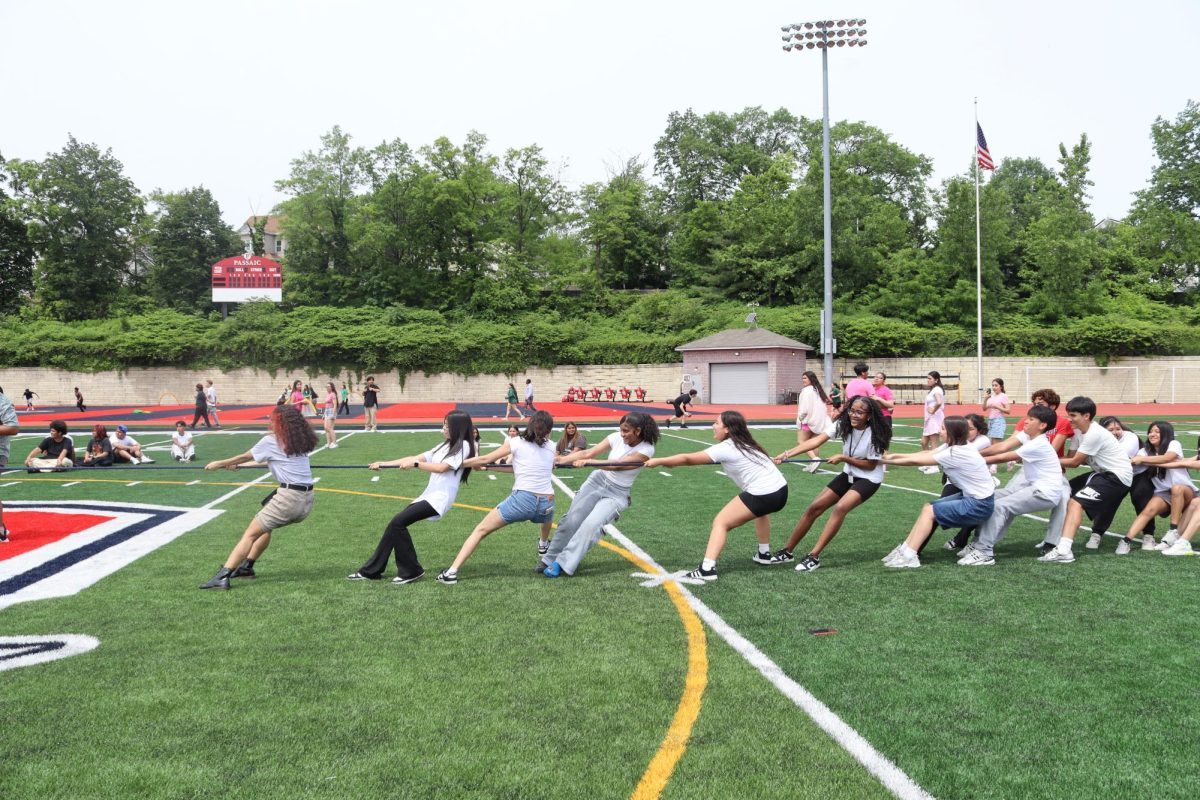
The American housing crisis has come to Passaic.
In an effort to stimulate the economy after COVID-19, the federal reserve reduced the federal funds rate to lower interest rates and encourage people to borrow money for investment. As a result, people began buying houses and refinancing existing mortgages, which along with an inflated economy, prompted the federal reserve to start gradually bringing interest rates back up. This has resulted in a severe affordable housing shortage, as people are reluctant to trade in their lower interest rate mortgages for more expensive homes. There are now almost 7 million affordable housing units needed for low-middle income families across the country.
Passaic happens to be one of the bigger victims of high interest rates, which along with the implementation of gentrification in all regions of Passaic, potential first-time homeowners are now being forced to live in housing projects with monthly payments ranging from $1,250-$1,750. According to payscale.com, this makes Passaic housing expenses 51% higher than the national average.
According to zillow.com, there are now only 12 available single-family homes/townhouses in Passaic selling for under $1 million, and the average cost for one of these homes is $570,000. In comparison to 2019, the average cost of a home in Passaic County was $365,400.
This means that since 2019, there’s been a 56% increase in the cost of single family homes in Passaic. To put that into perspective of changes in income, according to Federal Reserve Economic Data (FRED), the median household income in Passaic County has only increased by 3.6%.
Unaffordable Condominiums: $3,000-4,000 in monthly payments

Newly developed apartment complex in downtown Passaic on the corner of Market and South Streets. Behind it is another complex that is currently under construction, suggesting that these are only the first of many buildings planned to transform the block.

Another apartment complex in uptown Passaic sitting on River Drive with units that rent for around $3,500 per month. An affordable price for the average family in Passaic as long as they don’t have health insurance and don’t pay taxes.

Another apartment complex downtown that families may be able to rent for closer to $2,750 if they’re lucky. Unfortunately, statistics from payscale.com show that utility and transportation in Passaic cost 10% more than the average city, so it’s unlikely they can even afford that.
Single-Family Homes: (Average cost of $570,000)

A 5-bedroom home situated right by Third Ward Park and School No. 1 with a spacious backyard. The perfect home for families with more children. Too bad it costs $865,000.

3-bedroom home at 21 Howard Ave. selling for only $525,000, which happens to be down the road from the River Drive Condos. However, homes like these will probably rise to $600,000+ once the neighborhood is overrun with condo developments.

4-bedroom home at 18 Hughes Ave that’s selling for $600,000. If you think the price is too steep for a 4-bedroom home, there’s overpriced project housing nearby on River Dr. Unfortunately they might not have enough units available.
Overpriced Housing Projects

A woman walking home to her 1-bedroom apartment at the River Drive Projects that cost around $1,600 a month. A price that’ll likely hinder her from buying a single-family home for a prolonged period of time.

The Katie M. Johnson housing complex on 6th Street in downtown Passaic. Prices for these apartments are difficult to find online, likely because so many people have been forced into renting project housing that there’s no more units available.

A sign outside the Katie M. Johnson complex that reads “PRIVATE PROPERTY.” A sign that ironically represents how America’s housing market aims to prevent the average person from owning property.
Consequences of Gentrification

Aside from the increasing property value that gentrification causes, making it more difficult for people to find homes, local businesses such as these suffer greatly. The Lizardo Mini Market at 104 Passaic St. is located right across from 2 new apartment complexes, one of which closed down a local tire shop, suggesting that they might be the next building to be replaced.








